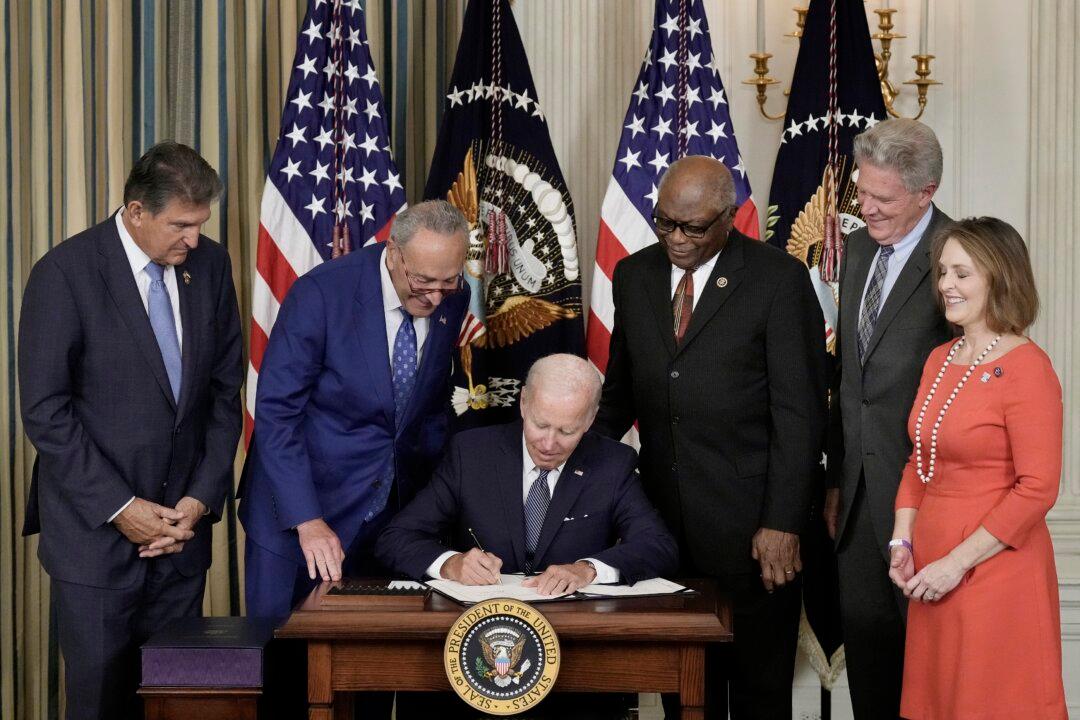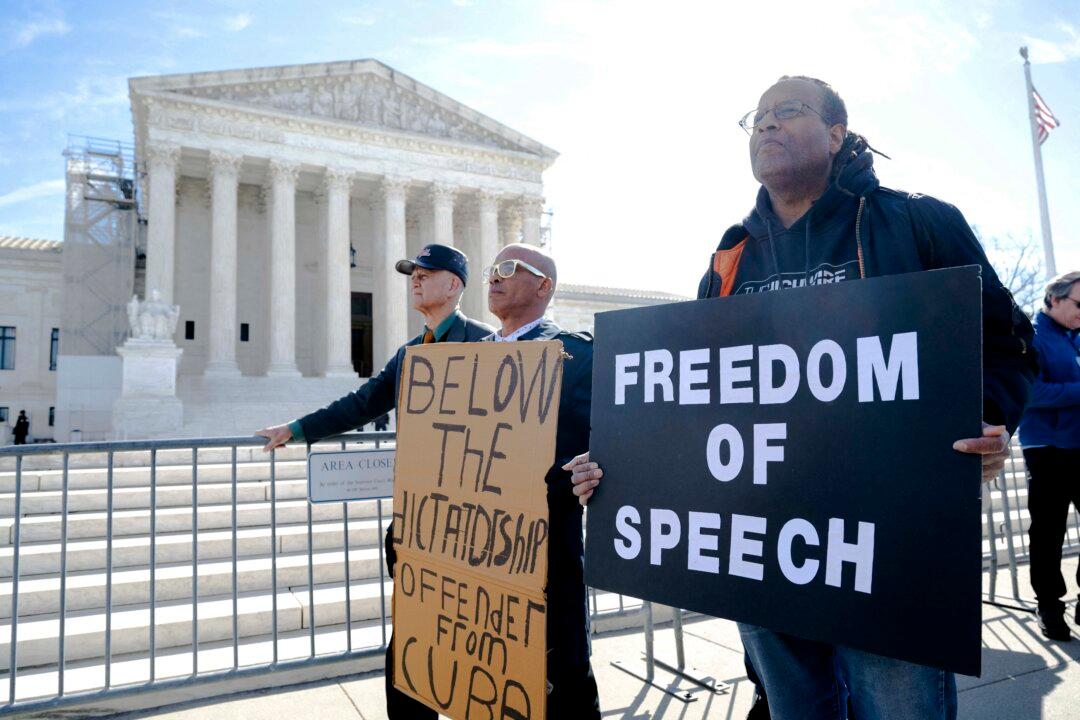In his prepared remarks, President Joe Biden called the 2022 Inflation Reduction Act (IRA) one of the most “significant laws in our history” and hyped it as a win for reducing inflation and tackling the “climate crisis.”
Likewise, Senate Democrats claim the IRA will “help fight inflation” while simultaneously lowering the cost of energy for Americans and “substantially” reducing greenhouse gas emissions.





